How To Pick The Right DAW For You – Graci Asks Dumb Questions (so you don’t have to!)
June 13th, 2022 by Graci Phillips
Quickly and easily deploy time-tested marketing campaigns with Indepreneur's INDIEPRO training library. Become an INDIEPRO member and learn how Indepreneur can help you break out of your current music scene, build a trackable fan base, and sell music and merchandise. Learn more now!
Welcome to Graci Asks Dumb Questions So You Don’t Have To!
And as the name would imply, I am in fact Graci, and today I am prepared today to ask dumb questions. But let’s define dumb. When I say “dumb” here, I don’t actually mean stupid questions that aren’t worth asking. What I mean is questions that you’ve been led to believe you should already know the answer to (even if you definitely don’t) and that you are thereby embarrassed to ask. Specifically about artistry, recording, and the music business!
We all know it, there can be a lot of gate keeping in this industry and it’s frankly very yucky. Incredibly yucky, in fact! Outright detestable. The purpose of this series is to squash gate keepers, ask questions that are neither dumb or embarrassing, and learn together about ways we can be better at what we love: music!
Today’s topic lives in the recorded music space. Now whether or not you’re someone who produces their own music or not, having a base level of knowledge about recording can only benefit you. So today, we’re discussing DAWs.
So what in the heck is a DAW anyway!?
DAW stands for Digital Audio Workstation.
This is a software that you download onto your computer (or sometimes an app on your phone) that allows you to record audio into it, or program synthesized instruments in it, and then edit or produce those audio files into a piece of music!
The most commonly known DAWs would likely be:
- GarageBand
- Ableton
- Logic Pro
- Pro Tools
- FL Studios
Most DAWs look like this when you open them up and start a blank project --
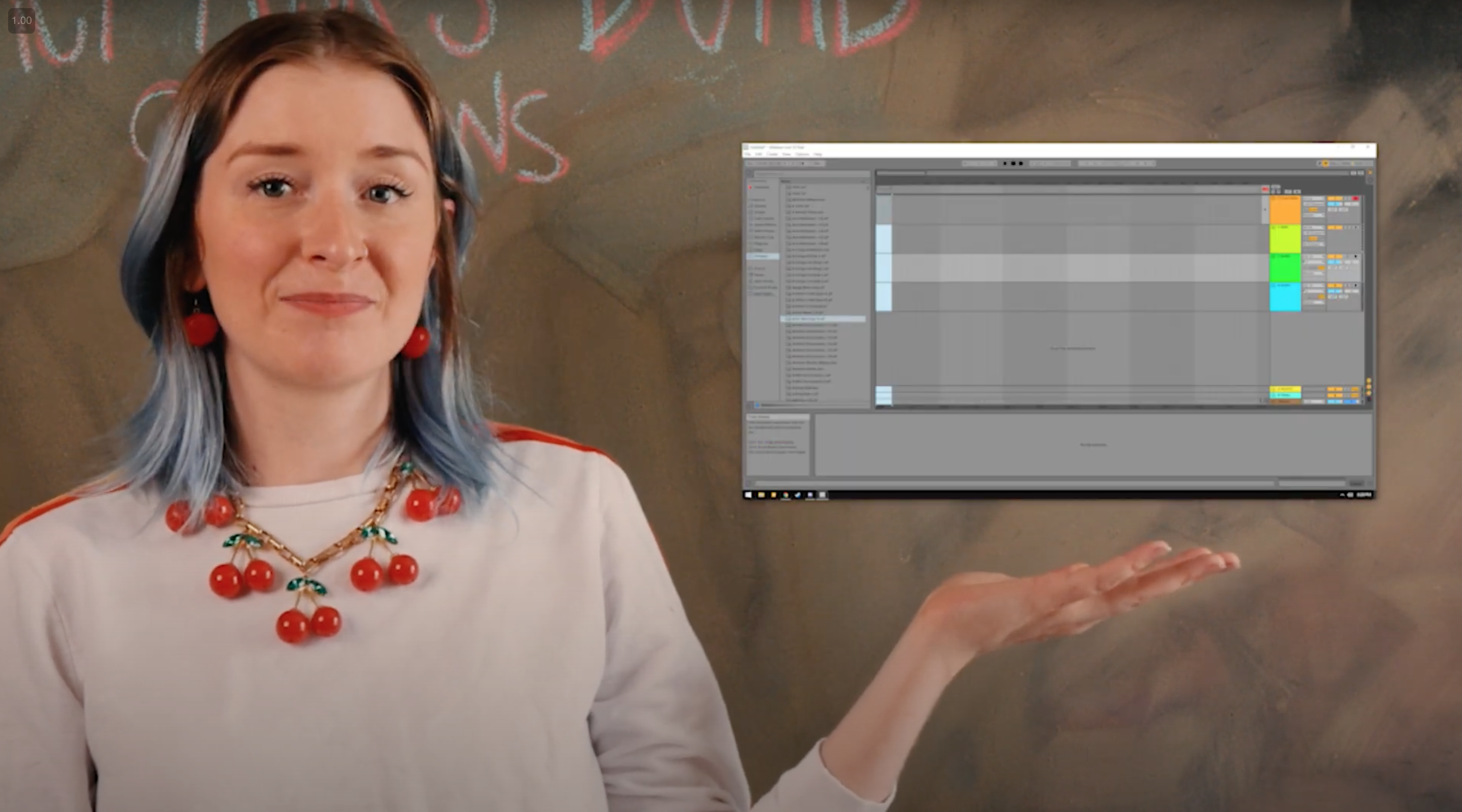
And if you’re producing an entire song in here, it will end up looking like this -
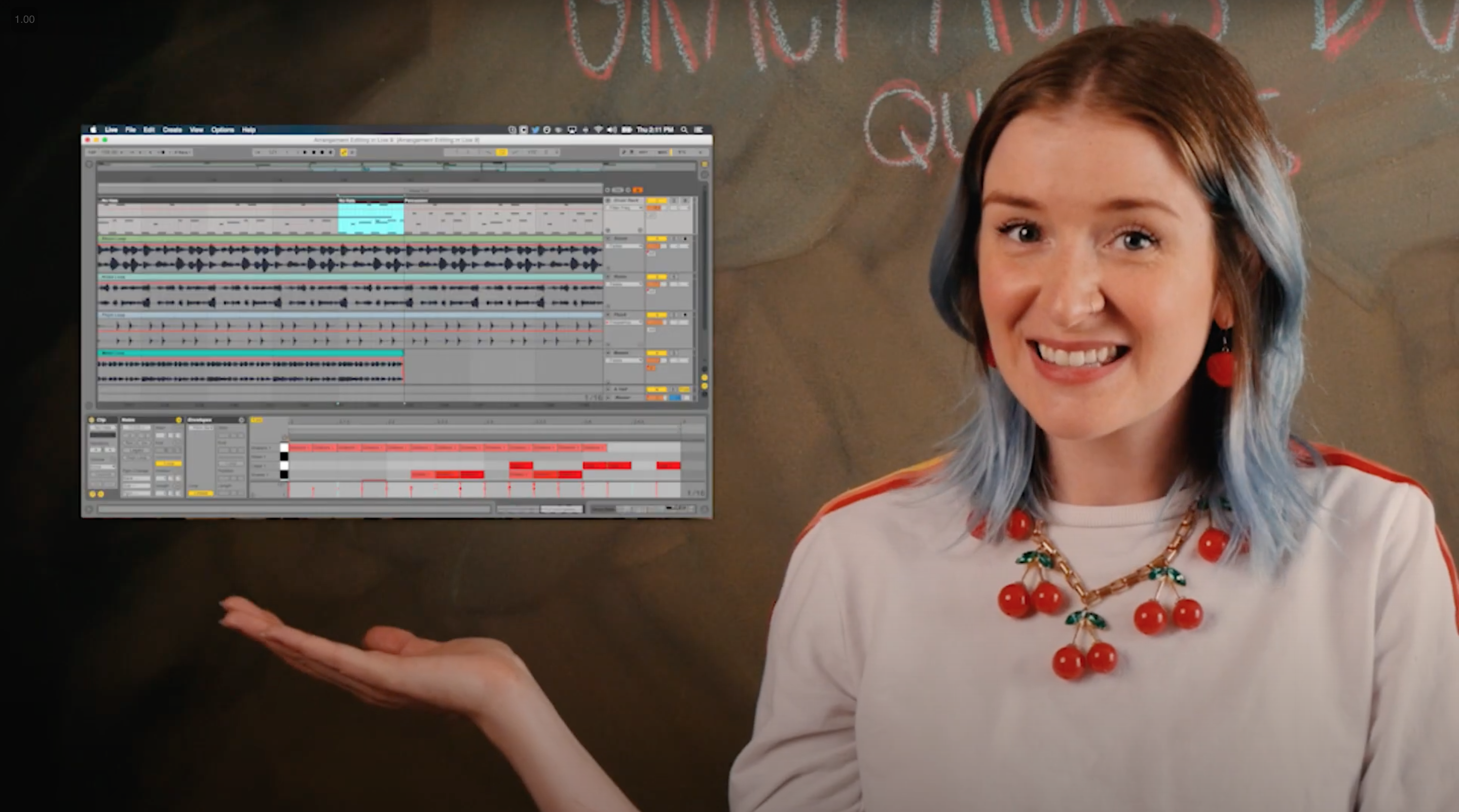
Each one of these channels is a different piece of audio. One might be vocals, one might be guitar, or drums! Or maybe it’s all computer symphony parts that you didn’t even need a real instrument to make.
The point is, your digital audio workspace, or DAW, is the equivalent of the canvas and paints a painter would use to bring their vision to life. Except for us, it’s music. So picture your DAW as a blank canvas, waiting for you to create your very own masterpiece!
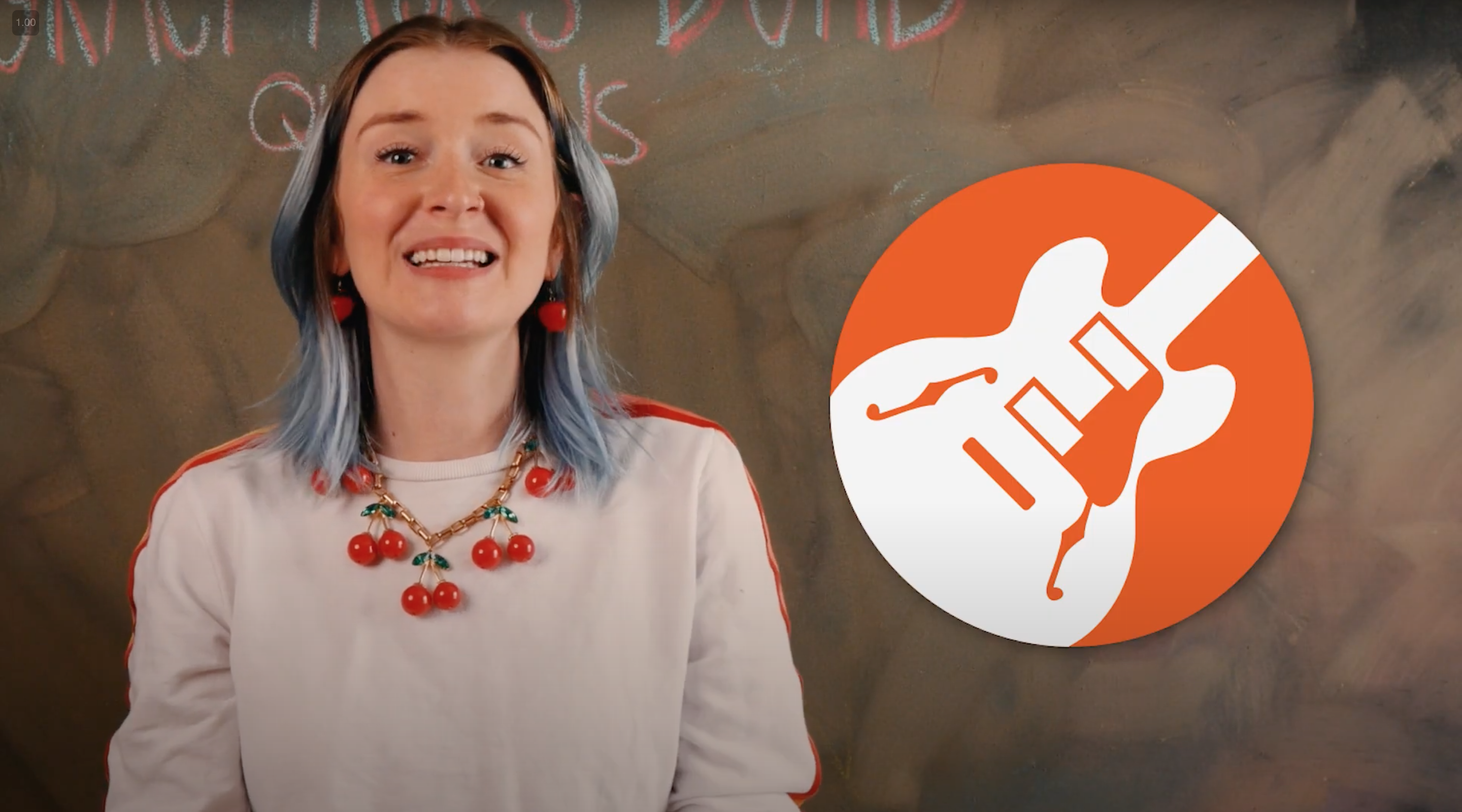
For a long time I just eeked by on GarageBand. If you’re not familiar with GarageBand, it comes standard on all Macs and it’s completely free to use! And it’s been that way for a while. In fact, Apple premiered and launched GarageBand all the way back in 2004. And to my knowledge, Mac was the first (and is still the only) widely available computer that comes standard with a free and decently effective DAW. Having something so accessible is truly a game changer.
I actually remember the first time I discovered GarageBand! I was probably 10-11 and my nanny who had a new MacBook PRO let me mess around with it. I had been writing music for a little while, but had honestly never even conceptualized recording it. I mean, I was barely in middle school! But I remember how excited I was. I didn’t have anything other than my guitar, my voice, and GarageBand. I recorded several tracks, with the built in computer mic, layered my vocals and guitar. I was smitten. There is something very powerful about being able to actualize your art, even as a kiddo. So that was my first encounter with a DAW. And GarageBand served my limited recording needs just fine for years! I wasn’t recording music to officially release it. I was mostly doing cover video audio, or vocal free lance work where I only needed to deliver raw audio, no processing or producing necessary. So, it worked fine for me! And to be clear, those are pretty much the same reasons I need a DAW now. I don’t produce my own official recordings, but I do use it to demo new songs, to tweak audio for live videos, and I do quite a bit of vocal freelance and custom songwriting work.
Now, I use an admittedly stolen version of Logic Pro. My old roommate helped me download it and install it on my macbook and I’ll love him forever for that, among the other reasons I love’em. Maybe someday I’ll pay for the un-cracked version, maybe someday I won’t. But let’s be honest, even with the upgrade to my DAW I have no idea why it’s better or how to use it other than get my tracks up and hit record.
So my quest is:
What The Eff Is The Difference In All These DAWs!?
(and, daws it ultimately matter?)
The first place to start any journey like this is to consult the all seeing eye, google. And if you do a cursory search on the goog, you’re going to find a poop ton of opinions. People who are diehards for one DAW or another. People who are absolute brand loyalists. And people who think that they know everything--and if you don’t agree with them you’re a big dumb stupid idiot.
SO, we’re going to politely tell those people to heck off, and we’re going to talk to some people who are not gate keeping narcissists about DAWs so that we can determine the best option for ourselves, individually. Because, I will remind you, you are an individual and you’re allowed to make different choices, especially when it comes to your art. So, with that foundation being laid, we are ready to build a brick house of knowledge all about DAWs, dawg.
When I have a question that google can’t really answer for me, the first place I look to are my incredibly knowledgeable and talented friends who know more than I do about this stuff. So I’ve put in requests with a handful of these wonderful people to chat with me about DAWs. So let’s get into it.
First up,
What should people consider when looking for a DAW that’s right for them?

“First off...what is it that you’re going to be recording or producing—what you’re gonna be working on? Are you going to be primarily live instruments focused and doing a lot of actual micing of instruments in a room? Or are you going to be doing more midi based, production heavy work? I think that’s honestly the biggest consideration to make as far as picking a DAW to use in 2022. Any DAW that we mention will do those things. Just some of them do them differently, or maybe more efficiently, or feel more intuitive to you as a person. ”
- Jack McCarthy, IndieX Agency Lead
I started producing when I was in middle school, so that’s what I’ve been doing the longest. I chose FL Studio when I was 12 years old, because everyone who made the type of music I wanted to make, which was techno trance stuff, in the year 2007-2008...everyone was using FL Studio…so I didn’t consider using anything else. I just downloaded the demo of that and then never stopped using it. I like it a lot! I feel very strongly about the fact that the right DAW for anyone is just the one that they enjoy working in the most. Because you can achieve the same results in all of them. They all do the same thing.
- Michael Kessler, Kytoon

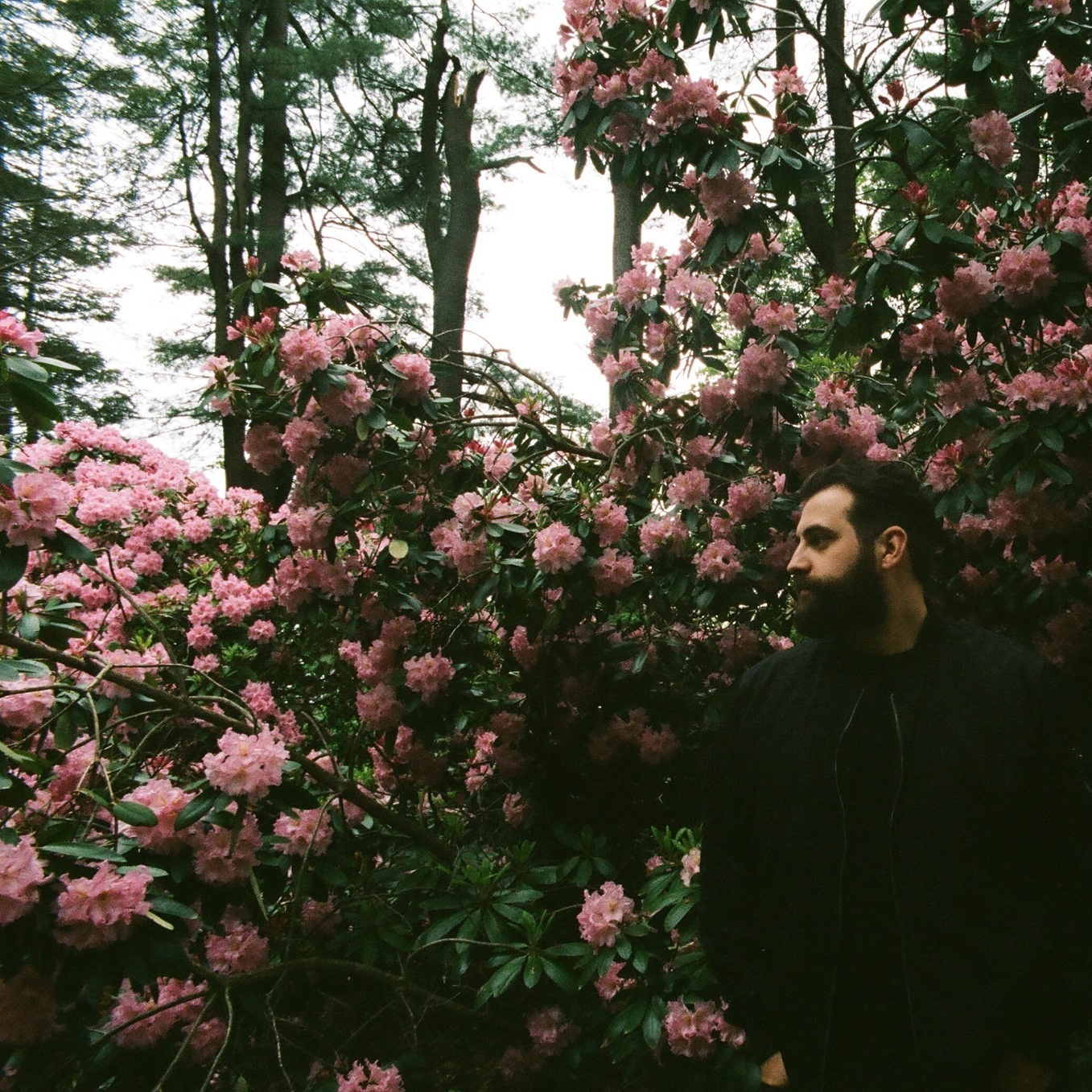
"One I would say right off the bat is are you on a Mac? Because if you’re not, then you’re not gonna get Logic, because it’s Mac only. I honestly to tell people this when I was teaching; two things. One, do you know someone or have experience with someone that has one already? When I started in Logic, I was brand new to recording on a computer at all. I was just a hip hop head and I liked making beats and I wanted to get into making beats. A guy that I met at a job at Guitar Center, we ended up living together, he was super into Logic. So I kinda started to learn from him and it was like, alright, naturally this is what I’m gonna buy, because I have this great resource here that I can use.
Then secondary to that is, what are you prepared to find online? There’s tons and tons of tutorials and free basic stuff on YouTube for pretty much any DAW that you can get into. So it might make sense, before you pick a DAW, to look around. Right off the bat, you see Ableton and you’re like, "that looks really confusing I don’t like that." But then you see a video on Logic and you’re like, "oh that looks pretty user friendly!”
- Jonah McLean, DUX
"My prerequisites for it would be: Once you’ve learned it, does it not get in your way? Does it not fight with what you want to do? Does it make sense? Is it an intuitive interface for you? Does it run solid? With the music you’re trying to do, does it handle your music fine? Do you have twenty simultaneous software instruments and need it to do a lot of computing? Does it not crash?”
- Jesse Gillenwalters, Basic Printer
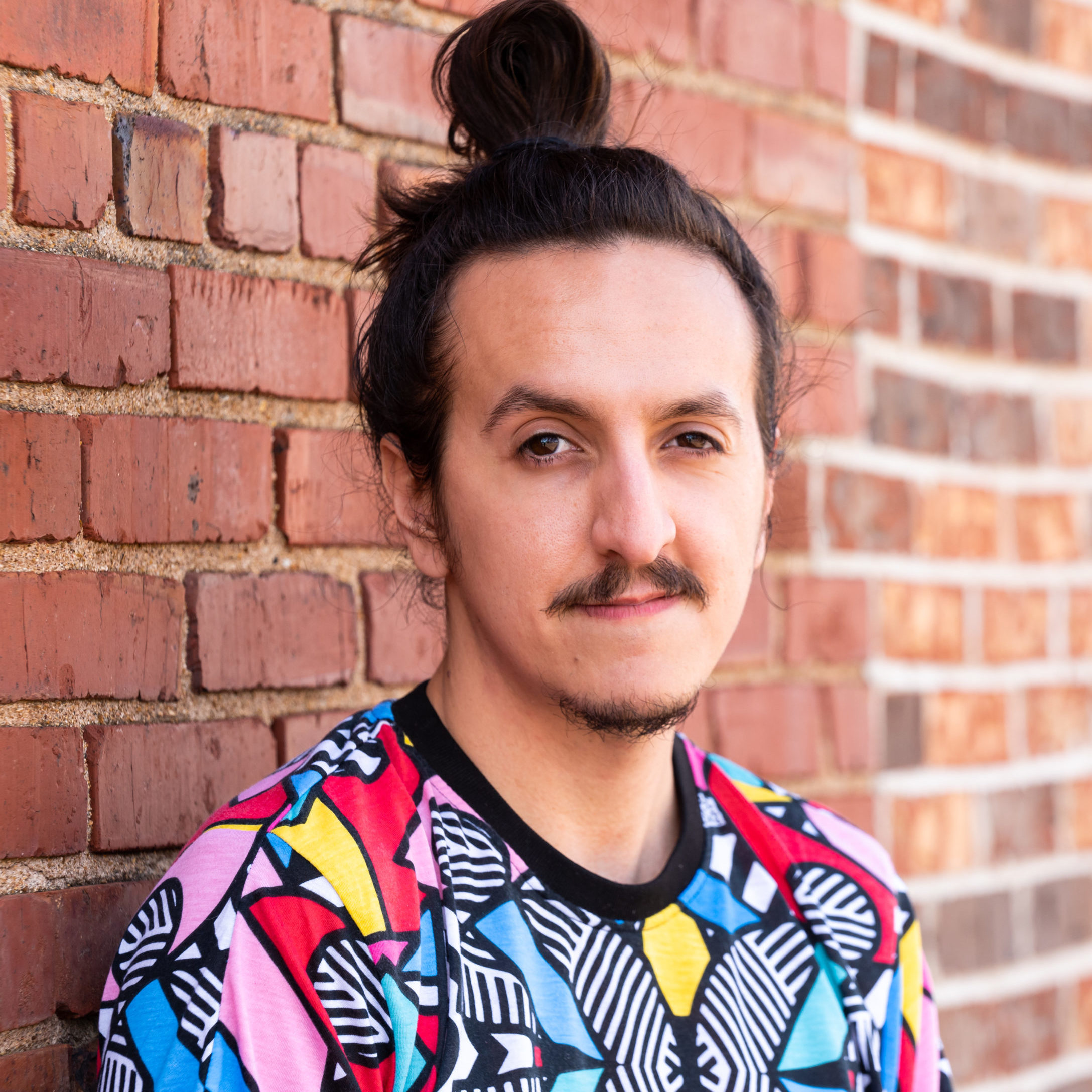
What are some pros and cons that might impact someones decision?
So, we know now that there are a couple good places to start when considering what DAW is right for us. For starters, what are you going to be recording? Vocals? Live instruments? Software instruments? Synthesizers? While all DAWs have virtually the same functionality, some DAWs handle different aspects of these better than others. So it’s worth thinking about as you choose. Second, do you have a place that makes the most sense to start? Do you have a buddy that is already working in a particular DAW, do you already have access to a particular one? These can also be considerations. But what are some other big pros and cons that might impact our decision?

"A potential con of Ableton is that it is a little bit quirkier, because of its more modular and dynamic interface. There might be a learning curve to it."
- Jesse Gillenwalters, Basic Printer
"I have found ProTools audio editing to be really strong. Editing drum tracks, for example! I love editing drums in Pro Tools. It’s very easy. Pro Tools has a feature called Beat Detective, which allows you to basically put markers on the transients of that whole performance, so you can chop up the drums at say, the kick and snare points. And you can make really smooth, cohesive, drum performances that are right on the grid. As far as weaknesses, in my opinion, as I’ve gotten into doing more work with midi and with virtual instruments, for one: Pro Tools, out of the box, doesn’t come with super great virtual instruments, compared to Logic for example. I actually really like Logic's stock starting points for sounds." - Jack McCarthy, IndieX Agency Lead


"Pros in Logic for me: there's so much built-in content that you get, pretty much right out of the box. You have really good plugins, which for those that don't know, plugins are like programs that exist within a DAW. So they're generally third party, but often native--meaning they're part of the software already that you can open and use for different things. A program within a program! Sometimes they're instruments. So if you want to have like a certain keyboard sound, or a certain synth sound, those would be virtual instruments. And then there's processing plugins which are more for mixing. So compressors, EQs, reverb, delay. Logic really comes with a lot of that stuff right out of the box that's really good and really easy to use! If you started on GarageBand, or something like that, which is a very user-friendly basic DAW, Logic is just a step up from that with more features." - Jonah McLean, DUX
So, there’s pros and cons to every DAW. There are also tips and tricks in each that can dramatically improve your workflow. When I made the switch from garage band to a *cough* stolen *cough* version of Logic, I decided to take some lessons from a knowledgeable producer in Logic specifically. I did this so I could start getting a basic understanding of the tools I had available to me, how to use them, and ways to accomplish what I was already doing in Logic with more efficiency. And this was huge for me. There were so many things, like volume automation and EQ, that I was doing in such a roundabout way. Was it accomplishing what I needed it to? Technically, yes. But, learning smarter ways to work has given me more flexibility and it helps me get my work done way more efficiently.
So what do our friendsperts have to say about their favorite tips and tricks?
What are you favorite tips and tricks in your DAW of choice?

"I would familiarize yourself with the took kit that you have. So looking at the virtual instruments and the synths that you have. Kind of starting to audition them and seeing what they sound like. Starting to work with the samples that might be included, if there’s synth or sample packs. And start to think about what kind of pallet fits you as an artist!... yeah, key commands. I think that's a great point. Like, that's one of the biggest things when I was really learning how to produce music and be an engineer. One of the biggest things was trying to get fast. Key commands are the thing that really unlocked that for me. That's half the reason that I've stayed in ProTools!
I've honestly considered, multiple times throughout the past few years, trying my hand at Ableton because I've toyed with it, but I've never really used it. But then I think about how quick I am with ProTools. It's like, man, I would be like an idiot in this new software, and I don't have the time to learn to get fast now. So yeah, that's, that's definitely a great point."
- Jack McCarthy, IndieX Agency Lead
"You can create presets of everything in FL Studio. You can create a preset for a mixer track channel. So if you always mix your vocals in a certain way, you can create a preset of that effect chain and then load it into a mixer track channel."
- Michael Kessler, Kytoon


"Pretty much anything in Ableton that you're looking at, you can click this button when you click it, it will just show all of those parameters that can be changed. And then all you have to do is take your MIDI controller. You can just click the knob you want to turn and then turn the knob on your controller. And then it's just synced up. And any time you turn that knob, it will turn the knob in Ableton."
- Jesse Gillenwalters, Basic Printer
Now, one more really important thing we haven’t covered yet is pricing. For most independent artists, myself included, this is a real factor that we have to consider when choosing our tools. Budgeting is a real consideration. Which means we need to know how much our DAW is going to cost plus we need to know if it comes with everything we need, or if we’ll need to invest in other tools in addition to our DAW to bring our visions to life.
How much will I spend on my DAW and does it come with everything I need?

"ProTools a few years ago started with a subscription model where you can buy a ProTools subscription from Avid and pay monthly or annually. For ProTools Studio, which has a good chunk of the features that you would need, you can pay $39/monthly, or you can get a discount if you commit to like a year, and you can still pay it monthly. And that's around like $32 a month. Or you can pay an annual price of $299."
- Jack McCarthy, IndieX Agency Lead
"FL Studio, I think is one of the most fairly priced DAWs. You can get the full DAW and 13 native plugins, and they're great plugins in my opinion, for $300 and that includes lifetime updates. If you bought FL Studio 12 years ago, you haven't had to pay for an update, since you're still getting updates. Their prices haven't changed either."
- Michael Kessler, Kytoon


"Logic has pretty transparent pricing and this is something that I think ProTools has never done a good job of. Logic is logic. You buy it and, literally in my opinion, you have everything you need. I mean, if you had the knowledge and the skills to go from point A to point B, like meaning, you know, how to use the software, Logic pretty much has and everything you need right there for $200 bucks."
- Jonah McLean, DUX
"You can buy it outright, but they actually offer financing, which I love. You can do Intro for $100 or Standard for $450, which I have. Then Suite for $750. Intro is very parsed down, but actually for many people that might be something they wouldn't outgrow very quickly. It's 16 audio tracks, which is not very many, but if you were looking to use Ableton to just get started and do some demos, or if you were telling me you were like a folk artist, recommending Ableton to you would be really weird. Yeah, but it's like so fine to use it in my mind. Like I've made acoustic stuff on it. Intro might cover that need."
- Jesse Gillenwalters, Basic Printer

Okay, a lot to think about here!
While these DAWs can all accomplish the same thing: they can record live music or you can program software instruments or synths in them, they do have their nuances. Things they specialize in, genres they lend themselves to, varying levels of accessibility for beginners, varying prices for different budgets!
It might still feel a little overwhelming. Like, we’ve just learned a lot about four of the most popular DAWs, but maybe you still are unsure what the right move for you is.
So, let’s re-center a little bit. Not to over simplify things, but heck, let’s not overthink it.
If you want to make music just pick a DAW and get started.
I cannot tell you how often I get stopped in my tracks by analysis paralysis. Simple decisions become drawn out, anxiety riddled, painstaking hills that I metaphorically die on. And who am I battling? Just my own heckin' brain. I love the notion of getting started where it makes the most sense to start–like with a DAW you already have access to, or the one that’s the best budget option for you–learning the heck out of it, stretching it to its limits, and pivoting when you need to.It can literally be that simple.
How do I know if I’m ready to pick a DAW?

"I mean, look, we all started knowing nothing about this, right? You don't come out of the womb and know how to use a DAW. So just like take your time, you know? When I first started, I used Fruity Loops very briefly, I had like a free version of a Cubase, a free version of Sonar. And these are like other DAWs a lot of PC users use. I kind of fumbled around in those for a long time, a year or so, didn't really know what I was doing. It just takes time. This software can feel very complex. At the end of the day, it's not super difficult to learn, but it can feel that way. So, yeah, my advice would be take your time. Don't be afraid to try different programs! You're not going to break anything, that's a really nice thing about software.
If I have a synthesizer or a guitar and I do something terribly wrong with it, you know, it could get damaged or broken. But this is a computer program and nothing bad is going to happen. Worst case, it crashes. Just have fun with it, you know, try to enjoy it. It's a vessel to make art, and that's pretty cool, I think." - Jonah McLean, DUX
"So my last piece of advice honestly, is get free trials! Try them out, see what feels good to you. Don't be afraid to pivot early on. If you find something that you like more than what you're working in, find something that you like, start working in it, create in it, get your hands dirty, have fun! And then if it doesn't fit your needs anymore, then you can make pivots and you can make changes. But I think the thing to keep in mind is don't let choosing stop you from doing. Just get into it and start making music!"
- Jack McCarthy, IndieX Agency Lead

"If you have friends that have mics that you can go over to their house, try it out, have them show you their vocal chain, see if you like the way your voice sounds, or if you could borrow the mic, do that. If you don’t have anything like that, you can start with something very standard like the SM7B. Your vocal chain [is important], don’t expect it to sound good when you plug it right in. Use the tool you have available and just start throwing stuff at the computer. Don’t hold yourself to too high of a standard, just make things. If they sound good, they sound good. Don’t feel like there’s too much of a barrier to entry, because there’s not."
-Jillian Lavin, Spritely
Final Word:
While we may not have solved all the mysteries of the universe in this episode, I hope that we did take some of the mystery out of DAWs. Remember, it’s about you making your art. So crack open that canvas (AKA DAW) and get to creating!
So, what should I ask next? Hit the link below to let me know!
Truly, there are no stupid questions. So let’s crush gatekeepers, snobs, and pretentious jerks--creative good vibes only.
We’re all learning, so let’s do it together.
FRIENDSPERTS (FRIENDS + EXPERTS) IN THIS EPISODE:
🌟Jack McCarthy, Agency Lead at IndieX Marketing Agency
🌟Jonah McLean of DUX
🌟Michael Kessler of Kytoon
🌟Jesse Gillenwalters of Basic Printer
DAWS DISCUSSED IN THIS EPISODE:
🌟Pro Tools -
https://www.avid.com/pro-tools
🌟Logic Pro -
https://www.apple.com/logic-pro/
🌟Ableton -
https://www.ableton.com/en/
🌟FL Studio -
https://www.image-line.com/
🌟GarageBand -
https://www.apple.com/mac/garageband/
Have a suggestion for Graci Asks Dumb Questions?
Let me know here!
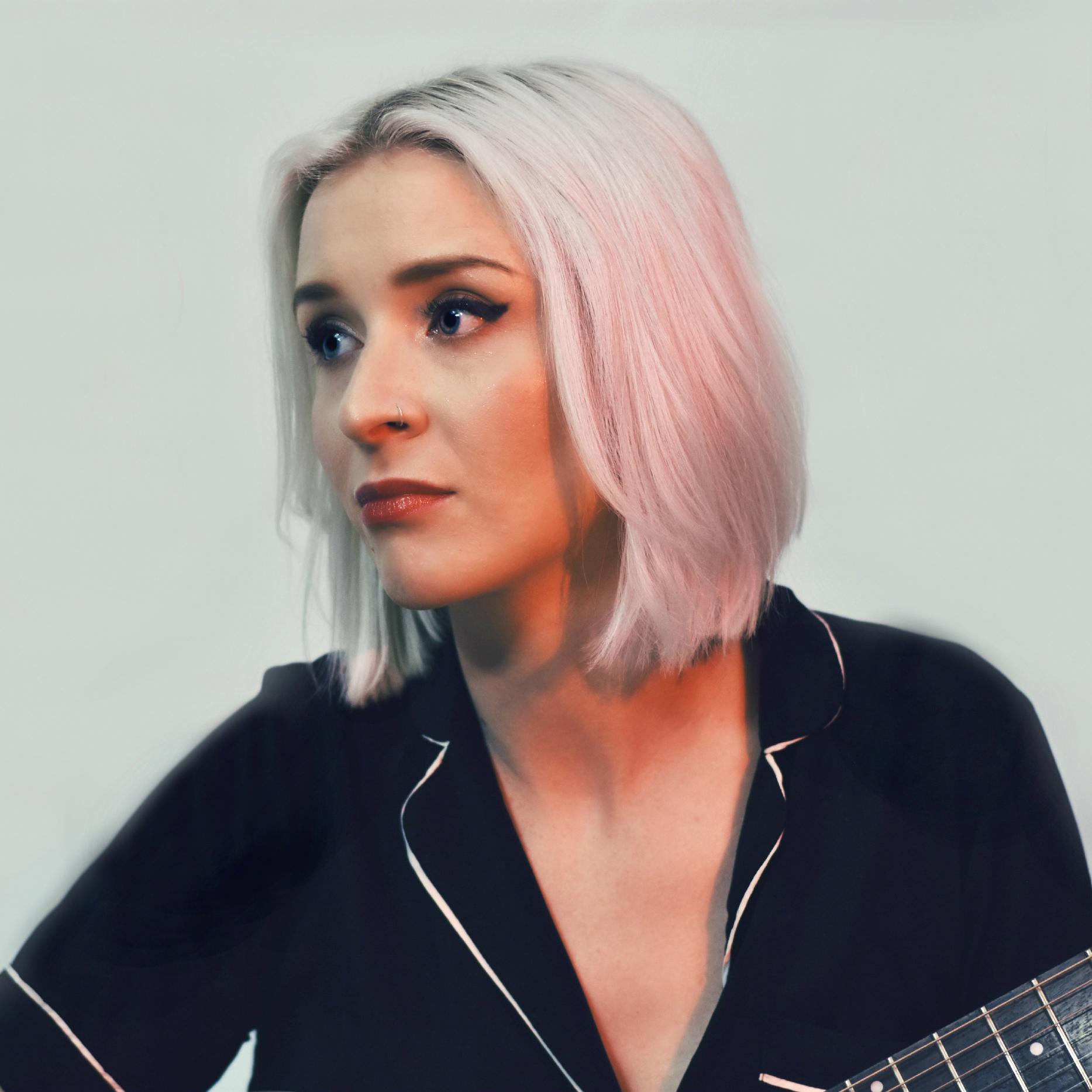
About the author:
Graci Phillips is Indepreneur's Community Manager & Director of Indie Success. Graci is part of our Nashville team and specializes in providing resources and solutions to our members, community building, and highlighting success stories within this incredible community.
If you aren't yet part of our Indie Community, you can get access to our entire library of music business trainings, our entire suite of exclusive discounts on partner products and services for musicians, our 4000+ private community of Indies, and weekly live stream Q&A's and coaching calls by signing up for INDIEPRO!
Just click below to join for a $1, 30-day trial and see what all the fuss is about 

